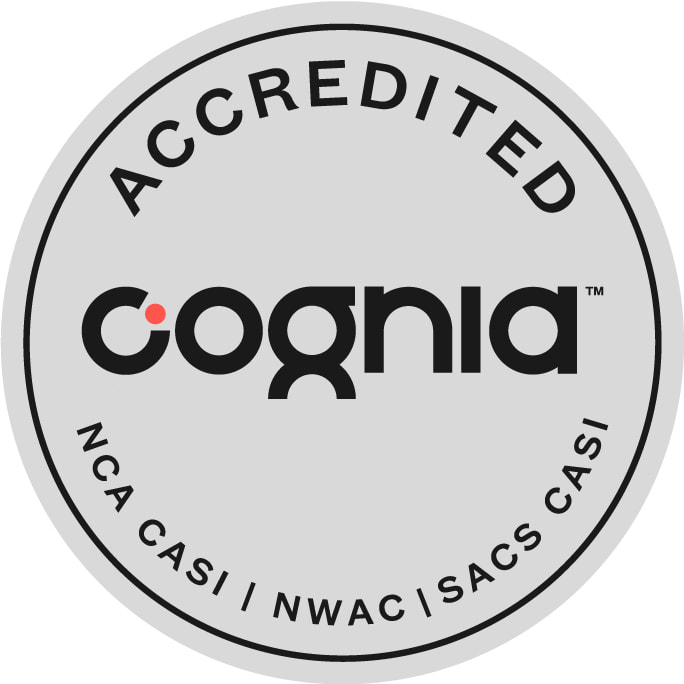Religious
By graduation the Jesuit high school student will have a basic knowledge of the major doctrines and practices of the Catholic Church. Having been introduced to Ignatian spirituality, the graduate will also have examined his or her own religious feelings and beliefs with a view to choosing a fundamental orientation toward God and establishing a relationship with a religious tradition and/or community. What is said here, respectful of the conscience and religious background of the individual, also applies to the non-Catholic graduate of a Jesuit high school. The level of theological understanding of the Jesuit high school graduate will naturally be limited by the student’s level of religious and human development. By graduation the student already:
1. has read the Gospels and encountered the person of Jesus Christ as He is presented in the New Testament.
2. has a basic understanding of the Church’s teaching about Jesus Christ and His redeeming mission, as well as the embodiment of that mission in and through the Church.
3. has an understanding of the variety of the world’s religious traditions.
4. is beginning to take more responsibility for exploring and affirming one’s own faith.
5. is increasingly willing to let religious faith influence one’s basic values, lifestyle, and vocational interests.
6. understands that being fully alive/human necessitates an active relationship with God.
7. is aware/appreciates that human life is fundamentally spiritual.
8. has experienced the presence of God (finding God in all things):
• in private prayer
• on a retreat
• in liturgical prayer
• in some other moments of grace
9. is learning how to express self in various methods of prayer, especially those from the Spiritual Exercises.
10. is forming a Christian conscience, evaluates moral choices, and reasons through moral issues with increasing clarity.
11. appreciates the centrality of the Eucharist to a vibrant Christian community.
12. is learning through his or her own sinfulness of the need for healing by and reconciliation with friends, family, Church, and the Lord.
13. recognizes that any sin affects the entire human community.
14. understands the relationship between faith in Jesus and being a “man or woman for and with others.”
15. knows Church teachings on moral issues and social justice.
JesuitSchoolsNetwork.org
1. has read the Gospels and encountered the person of Jesus Christ as He is presented in the New Testament.
2. has a basic understanding of the Church’s teaching about Jesus Christ and His redeeming mission, as well as the embodiment of that mission in and through the Church.
3. has an understanding of the variety of the world’s religious traditions.
4. is beginning to take more responsibility for exploring and affirming one’s own faith.
5. is increasingly willing to let religious faith influence one’s basic values, lifestyle, and vocational interests.
6. understands that being fully alive/human necessitates an active relationship with God.
7. is aware/appreciates that human life is fundamentally spiritual.
8. has experienced the presence of God (finding God in all things):
• in private prayer
• on a retreat
• in liturgical prayer
• in some other moments of grace
9. is learning how to express self in various methods of prayer, especially those from the Spiritual Exercises.
10. is forming a Christian conscience, evaluates moral choices, and reasons through moral issues with increasing clarity.
11. appreciates the centrality of the Eucharist to a vibrant Christian community.
12. is learning through his or her own sinfulness of the need for healing by and reconciliation with friends, family, Church, and the Lord.
13. recognizes that any sin affects the entire human community.
14. understands the relationship between faith in Jesus and being a “man or woman for and with others.”
15. knows Church teachings on moral issues and social justice.
JesuitSchoolsNetwork.org



